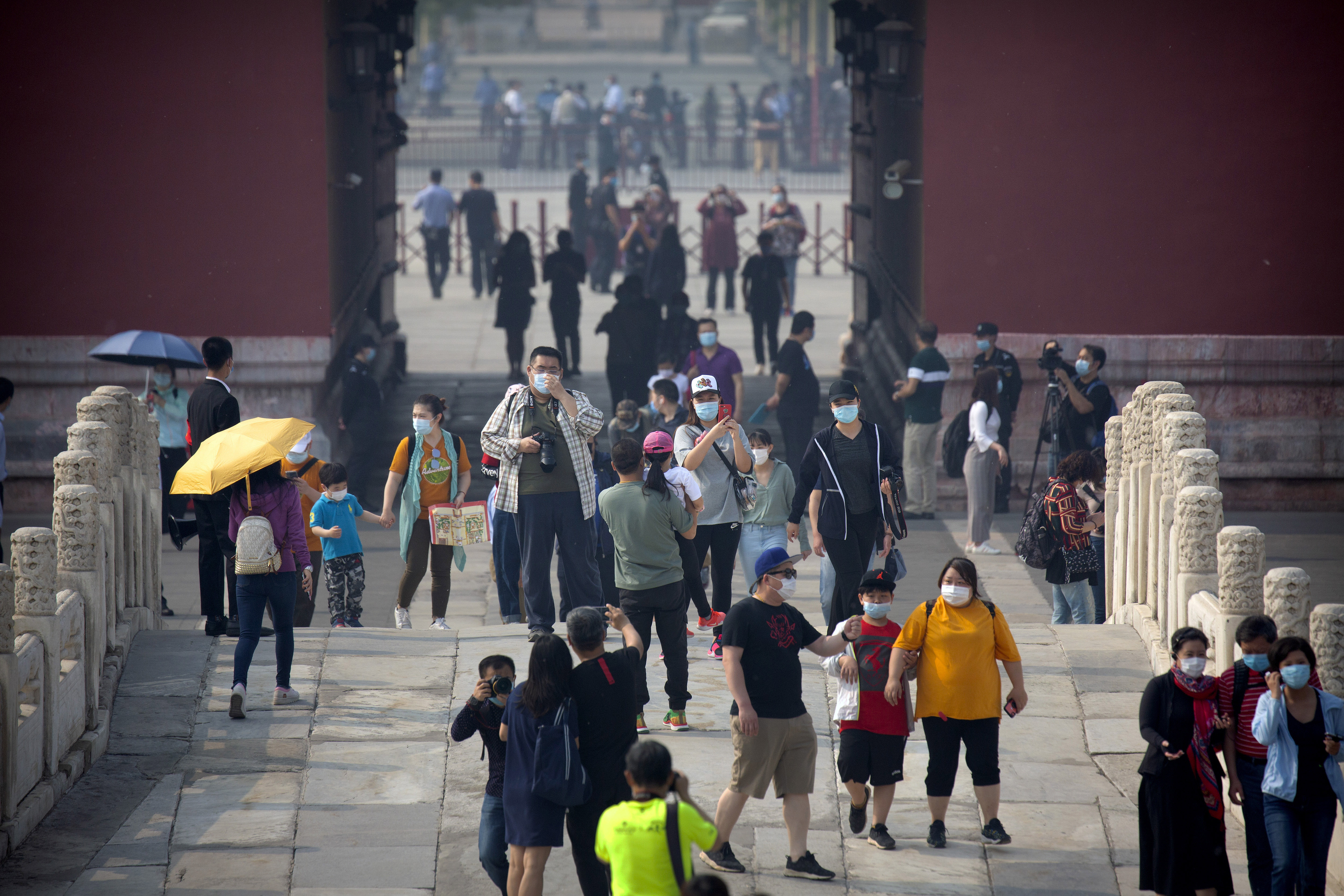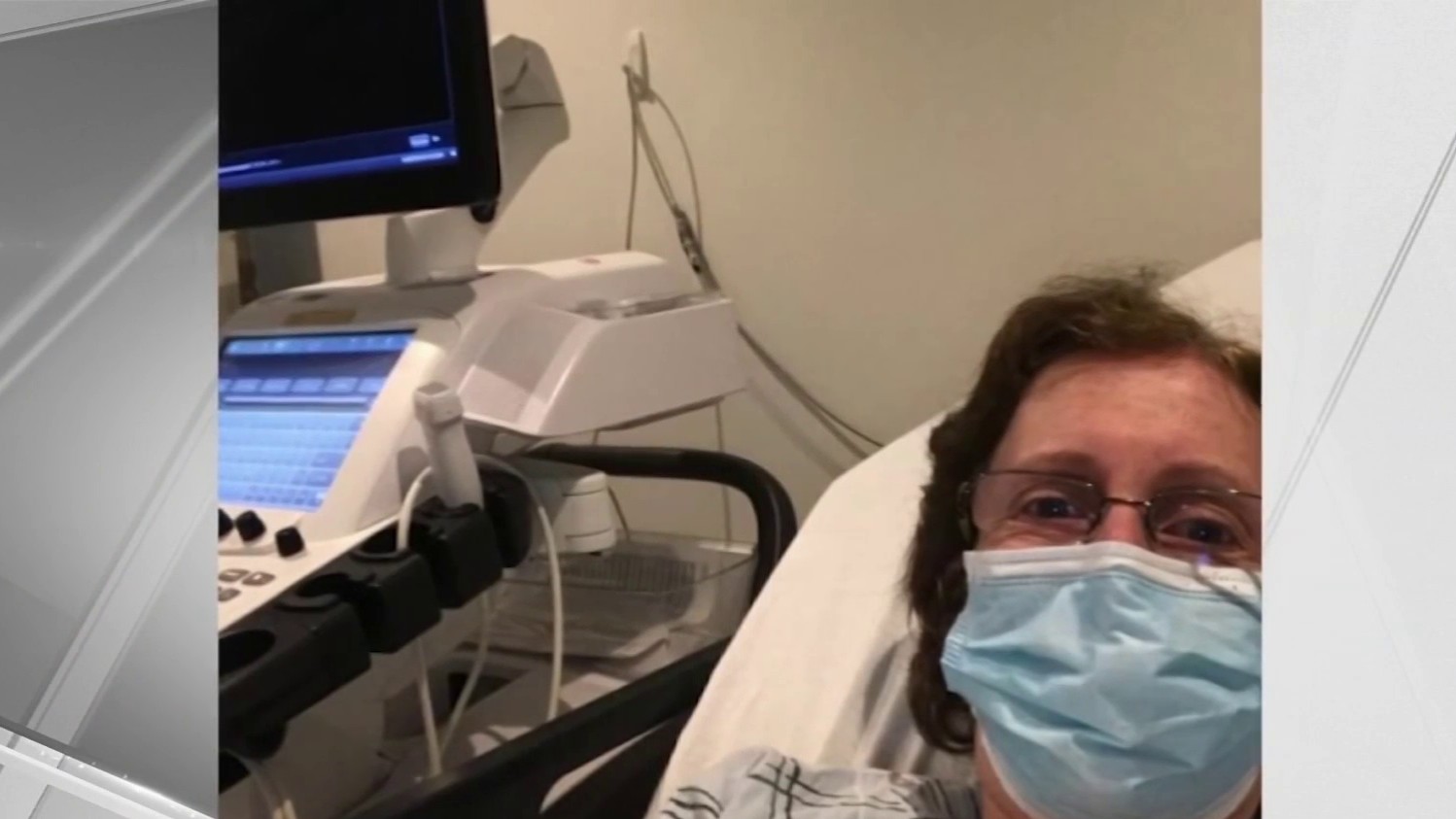The governor announced the state is facing a $900 million shortfall for the current fiscal year and more than $2 billion next fiscal year.
The COVID-19 pandemic has taken a grim toll on the state's budget and Connecticut is looking at a $2.3 billion deficit for the next fiscal year, according to the governor.
To make up for that shortfall, the state is working on a deficit mitigation plan, but it's not yet clear what that might mean for residents in the future.
Connecticut Unemployment
Many businesses have been closed since March, prompting thousands of residents to file for unemployment. Since March 13, the state Department of Labor has received 433,000 claim applications and said it has processed nearly 381,000 of them.
The department's website says CT Direct Benefits will not be available from 10:30 p.m. Saturday, May 2 to 2:30 a.m. Sunday, May 3 for scheduled maintenance.
Decision Next Week on Reopening CT Schools
Schools have also been closed since March and Gov. Ned Lamont said Friday that a decision will be coming next week on whether they will reopen this year. An existing executive order keeps schools closed until May 20.
Impact of COVID-19 on CT Economy
Lamont said COVID-19 has hurt the state's economy and the sales tax revenue has taken an even bigger hit than the income tax at a time when many people are out of work. The governor said the state is looking at a $900 million deficit for this year and more than a $2 billion deficit for the next fiscal year.
Officials believe that recovery will begin as early as 2022.
"All of us are going to have to do more on the fiscal front," Lamont said.
As we move forward, the governor said the state will need to work with the labor unions to keep costs down.
The state is also taking a hit in gasoline revenue because of low gas prices and low tax revenue at a time when fewer people are driving because so many businesses are closed.
Melissa McCaw, secretary of the Office of Policy and Management, said the true shortfall for the fiscal year is $570 million and a deficit of $2.3 billion for fiscal year 2021.
The state plans to use some of the rainy day fund to cover the FY 2020 shortfall and to close the year with a $1.9 billion rainy day fund.
Lamont said the state has received $1.4 billion from the federal government, specifically for COVID-19-related expenses at the state and local level.
The state's allocation of the coronavirus relief fund is $1.4 billion and that money will go to support cities and towns, testing, non-profits and hospitals, McCaw said.
To deal with the deficit, the state is working on a deficit mitigation plan for FY 2021.
When asks it is time to revisit a consideration of tolls, the governor said he will work collaboratively with the state legislature to see what they can do about the Special Transportation Fund.
Other states are looking at gasoline taxes, Lamont said, and he added just that he will work with the legislature and will be looking for ideas.
When asked about the job market, the governor said the job market will be very different after this pandemic and public health will take on a "whole new dimension."
More on the COVID-19 Pandemic
Plan for Reopening Connecticut
Many businesses have been closed since late-March and on Thursday, the governor detailed some of the criteria his advisory board has recommended for reopening the state and some businesses could reopen as of May 20.
At the top of the list is a 14-day decline in COVID-19 hospitalizations in Connecticut. The state has seen eighth straight days of a net decline in hospitalizations, Lamont said.
The full list of criteria include:
- 14-day decline of hospitalizations
- Increased testing available
- Sufficient contact tracing capacity
- Protect high-risk populations
- Adequate healthcare capacity
- Adequate supply of PPE
- Appropriate physical distancing regulations.
Lamont said he would look to open business by their ability to meet certain health risk assessments. Those businesses which can meet them will open first.
Connecticut Casinos
The governor was asked about opening of the casinos and the governor and she said he thinks they should remain closed for a little while.
"I do think that they should stay closed for a while longer even with the very best social distancing protocols," he said.
More on the COVID-19 Pandemic
Plan for Reopening Connecticut
Many businesses have been closed since late-March and on Thursday, the governor detailed some of the criteria his advisory board has recommended for reopening the state and some businesses could reopen as of May 20..
At the top of the list is a 14-day decline in COVID-19 hospitalizations in Connecticut. The state has seen eight straight days of a net decline in hospitalizations, Lamont said.
The full list of criteria include:
- 14-day decline of hospitalizations
- Increased testing available
- Sufficient contact tracing capacity
- Protect high-risk populations
- Adequate healthcare capacity
- Adequate supply of PPE
- Appropriate physical distancing regulations.
Lamont said he would look to open business by their ability to meet certain health risk assessments. Those businesses which can meet them will open first.




